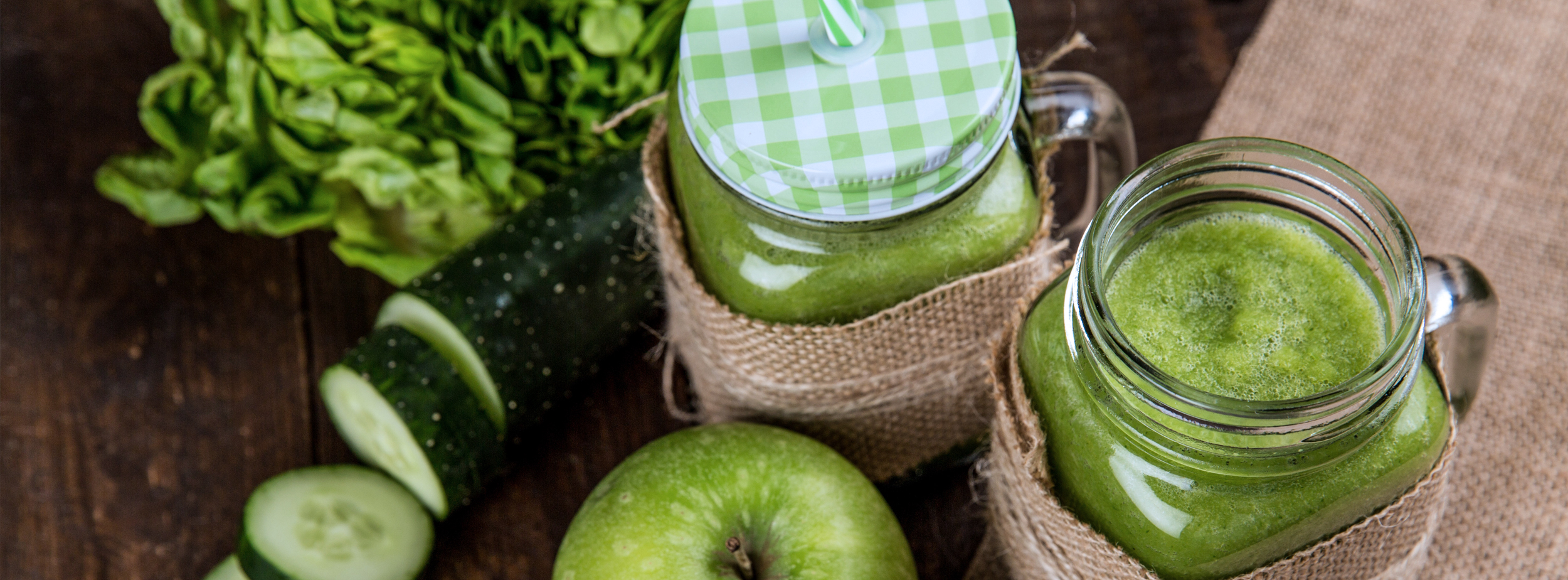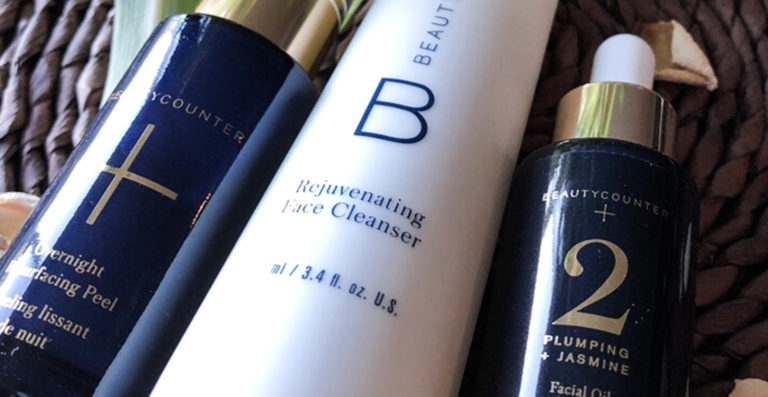
If yelling “get off my skin you scaly beast” hasn’t worked for you, you might be looking for another way to help your eczema. You can scream at it, you can try to itch it off, and you can lather on expensive creams filled with anti-inflammatory drugs to try and get rid of it, but unless you figure out what is causing your eczema, it is going to keep coming back.
What is Eczema?
Eczema is a red, inflamed, itchy rash that can appear in a bunch of different places on the body; most commonly found on the arm bends and the back of the knee, but it can appear anywhere on the skin. It’s not contagious, and while most often appears first during childhood, it can show up later as an adult.
What might be causing your eczema
Food Allergies
There is a seemingly endless list of symptoms associated with food allergies. Not only eczema, but sneezing, hives, stomach pain; and even less obvious signs like fatigue or high blood pressure are all associated with allergies. Unfortunately it’s often hard to pinpoint exactly what food is causing the allergic reaction.
Allergies From Candida
While ingesting certain foods can bring about an allergy symptoms, allergic reactions, like eczema, can also arise from a candida yeast fungus overgrowth in the gut. This can result from a poorly functioning stomach and/or ingesting too many processed and refined foods. Candida is normally found in the intestinal tract of healthy people, but it can feed on undigested food particles and grow, throwing off the balance of good vs bad bacteria in your gut. Candida can eventually grow and invade other tissues in the body, which can give someone a slew of other symptoms that may seem unrelated, like anxiety, headaches, acne, joint pain, ear infections, and much more.
Lack Of EFAs
Eczema is also associated with a deficiency of essential fatty acids (EFAs), as EFA deficiencies are often seen in the hair and skin. In addition to eczema, signs of an EFA deficiency can also include things like dry, flaky or scaly skin, psoriasis, or dry, brittle hair.
Lack Of Choline
A deficiency of Choline, an unofficial B vitamin, has also been known to lead to symptoms of eczema.
What You Can Do
For Food Allergies
For eczema that might triggered by a food allergy, an elimination diet is the best plan of action. This involves removing certain common allergens from your diet. These are things like dairy, wheat, eggs, soy, citrus, and any processed foods, for a certain period of time; typically around eight weeks. Additionally, removing chicken and beef from your diet may also help. The proteins in each have been found to potentially contribue to eczema. After that time, your eczema has hopefully cleared up and you can start introducing foods back into your diet one at a time. This is a great way to find out exactly what is causing your eczema if it is linked to a food allergy. Taking digestive enzymes will also help with symptoms from food allergies, as they help to digest your food and lessen the risk of undigested food particles causing allergies.
For Candida Related Allergies
If you think you have a candida overgrowth, an elimination diet is also a good place to start; especially in eliminating refined and processed sugars. Also, taking a garlic and caprylic acid supplement will help eliminate the fungal overgrowth, and restore balance in your gut. Fermented foods and a daily probiotic will also help a great deal, as they will also help to restore the good bacteria back into your gut.
For An EFA Deficiency
If you think a deficiency of essential fatty acids is the cause of your eczema, taking an EFA supplement is a good place to start. You should also increase the amount of EFA-rich foods, primarily omega-3s, which we tend to get less of. Omega-3s are found in foods like salmon, raw pecans, and raw walnuts.
For a Choline Deficiency
If you think you may be deficient in Choline, a supplement is an option, in addition to increasing the Choline-rich foods in your diet like dark green leafy vegetables, whole grains, brewer’s yeast, legumes, soybeans, and peanuts.
Foods That Can Help Ease Eczema
Juices
Cabbage juice and is said to help eczema sufferers due to it’s high vitamin content; but it can also give you bad gas and should always be either diluted or added to other fruit or veggies like carrot or apple, which will help sweeten the flavor. Raw while cabbage is also excellent for eczema.
Carrot juice can also help eczema, in addition to other skin problems like psoriasis. Even non-problematic skin can show an improvement in texture from drinking, although in large quantities it can turn your skin orange, which, aside from making you looking like an Oompah Loompa, is harmless.
Herbs
Burdock is helpful for many skin conditions, like acne and eczema, primarily when drank as a tea. This might be because it helps to eliminate toxins from the body by assisting liver function, which can help the overall appearance of the skin.
Turmeric is typically used as a digestive aid and inflammation, but it is also useful for eczema.
Fruit
Strawberries have been used to help treat both eczema and acne.
To Conclude
Find the best way how to help your eczema is going to take some time. Know that getting at the root cause of your eczema is crucial. Until you do, any topical or drug remedies you use may only cover up or temporarily alleviate the symptoms. It’s also important not to irritate existing eczema with chemical creams, lotions, or makeup. Research what is actually in the products you put on your skin, then find less toxic alternatives. The skindeep cosmetics database is a great place to start to find cosmetics and other beauty products that are free of toxins and potential irritants that could make eczema worse.
Sources
Nutritional Symptomatology.
Danielle Perrault. Ontario. CSNN Publishing, 2013. Print.
Phyllis Balch, James Balch. Prescription for Dietary Wellness
Avery Pub. Group. 1998. Print
www.nutritionfacts.org/video/best-foods-to-avoid-for-eczema/
www.eczemahelp.ca/about-eczema/about-eczema/
Disclaimer
The contents of this website are for informational purposes only and should not be considered any type of medical advice. The information provided in this website should not be used for diagnosing or treating a health condition or disease, and should not be substituted for professional care. If you suspect or have a medical condition, consult an appropriate health care provider.






Leave a Comment